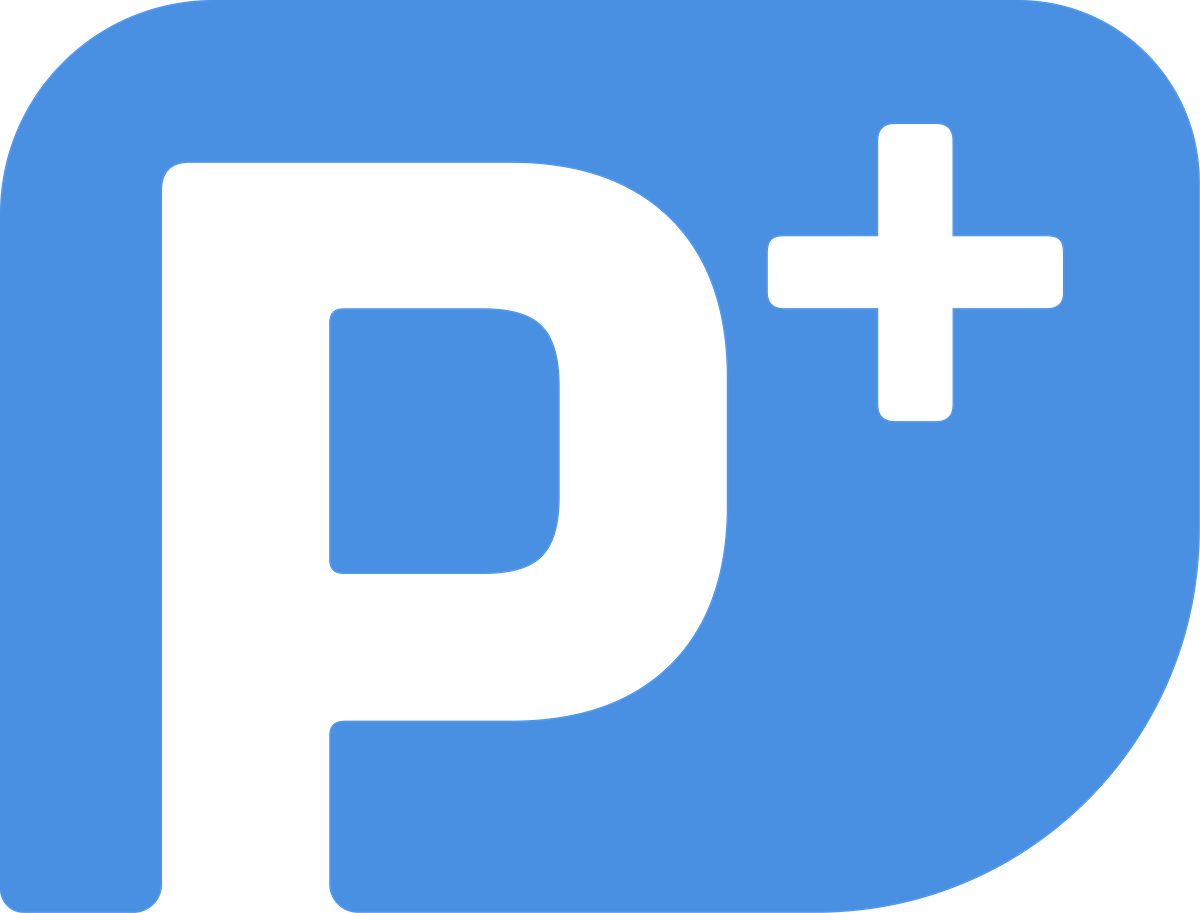Ep.70 - "How to Successfully Interview for Future Rainmakers & Business Developers" with Eva Wisnik
Over the past 26 years, Eva has trained Partners at 88 law firms on how to interview legal talent. The art of assessing talent and selling top candidates on the firm are crucial skills in today’s competitive job market.
Tune in to hear Eva share her thoughts on:
Outlining and executing goals for the partner interview process
The biggest mistakes interviewers make in ALL types of interviews
Why lateral partners fail, and common warning signs to be on the lookout for
Eva’s recommended best practices to land the talent pool’s preeminent lateral partners
The red and green flags Eva looks for in an interview, having interviewed over 2500 marketing/BD professionals since 2002
